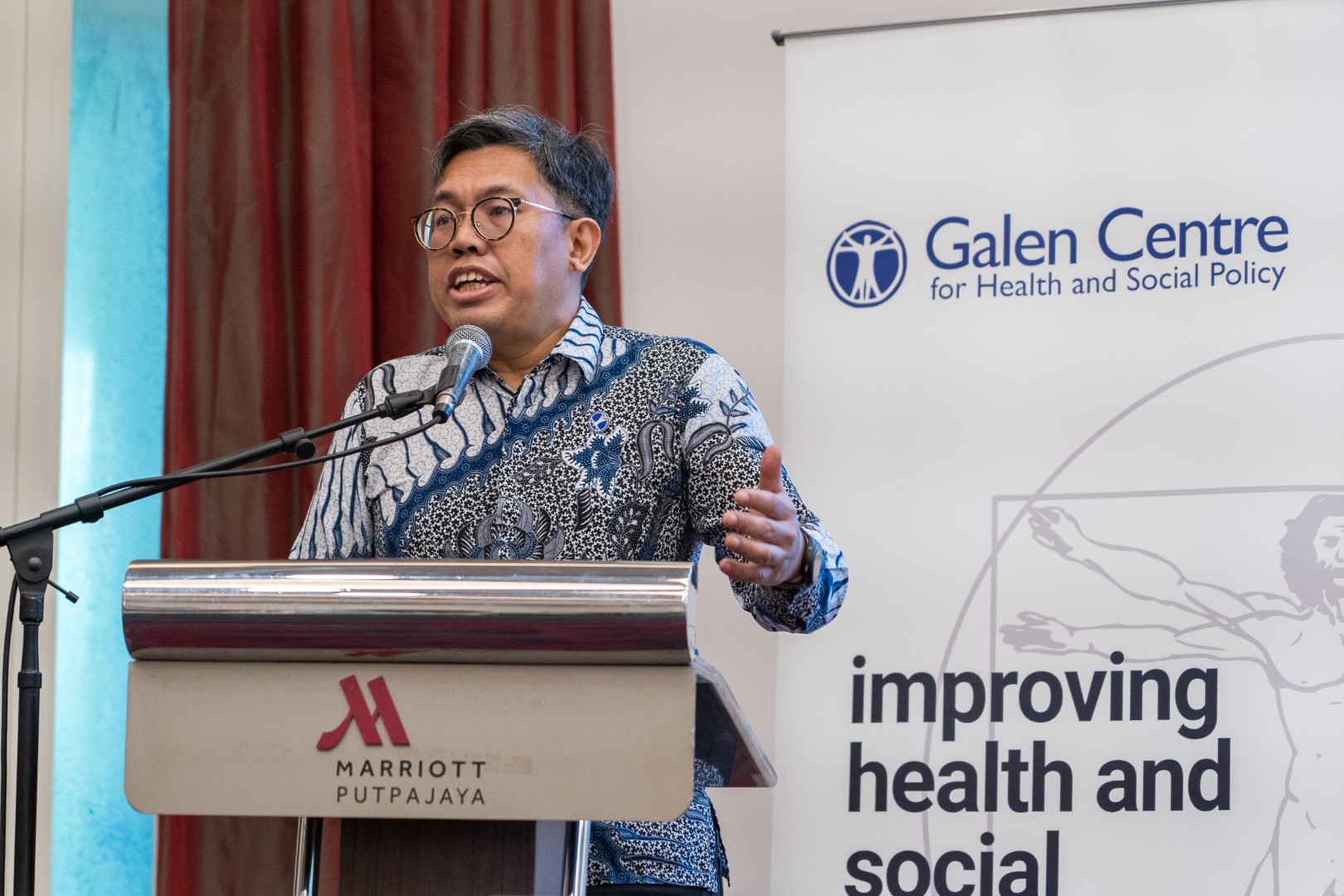The Galen Centre for Health and Social Policy congratulates the Government of Malaysia on the passage of the Control of Smoking Products for Public Health Bill 2023 through the Dewan Negara yesterday.
This omnibus legislation has been 13 years in the making. Several governments and previous health ministers either did not even dare or faltered at the start line, intimidated by the political and socioeconomic complexity of having legislation governing tobacco and more recently, vape products.
The baton of this marathon relay, which was begun and led by Khairy Jamaluddin, and carried to the finishing line in Parliament by both Dr Zaliha Mustafa and Dzulkefly Ahmad over a period of almost two years, should be celebrated as a victory and a landmark moment in Malaysia’s smoking and vaping control advocacy.
This brings Malaysia to the standard of other countries around the world such as Australia, the United Kingdom, Thailand and Singapore, which have standalone legislation on tobacco and vape.
The Ministry of Health, specifically the Framework Convention on Tobacco Control and Tobacco Control Unit under the Disease Control Division, deserves full credit for its perseverance, commitment and resilience over the years.
Once signed by the Yang di-Pertuan Agong and gazetted, it will soon be possible to impose necessary and critical regulations and restrictions on vape and e-cigarettes which should be similar to those governing cigarettes and tobacco products.
This will cover advertising, marketing, distribution, and sales. Critically, it will address the targeted marketing and sales of nicotine vape and e-cigarettes to children and teenagers.
Even though significant harm and damage has already been done in this area, it will now be possible to close this particular Pandora’s Box.
This legislation will now make it feasible to introduce regulations such as plain packaging, point-of-sale display bans, restrictions on e-cigarette flavours and other measures to help prevent and control nicotine addiction and reduce underage smoking and vaping. This was not previously possible.
As it was determined that the generational ban on smoking and vaping (GEG) could not be included into the Bill, as a compromise and to help with tobacco control, the government must now consider increasing the existing excise duties on cigarettes and tobacco products which have remained unchanged since 2015.
The suggested excise tax rate is RM0.77 per stick, equivalent to a 61 per cent excise tax of the retail price. This can generate an additional tax revenue of RM771.8 million. Together with the expected tax collected from nicotine vape, this will bring in at least RM 1.2 billion.
However, it is sobering to note that Malaysia spends an estimated RM16 billion annually treating smoking-related illnesses such as cardiovascular disease and lung cancer.
This revision would increase much needed tax revenue and help offset the effects of not including the GEG provision.
Azrul Mohd Khalib is the chief executive officer of the Galen Centre for Health and Social Policy.
- This is the personal opinion of the writer or publication and does not necessarily represent the views of CodeBlue.





